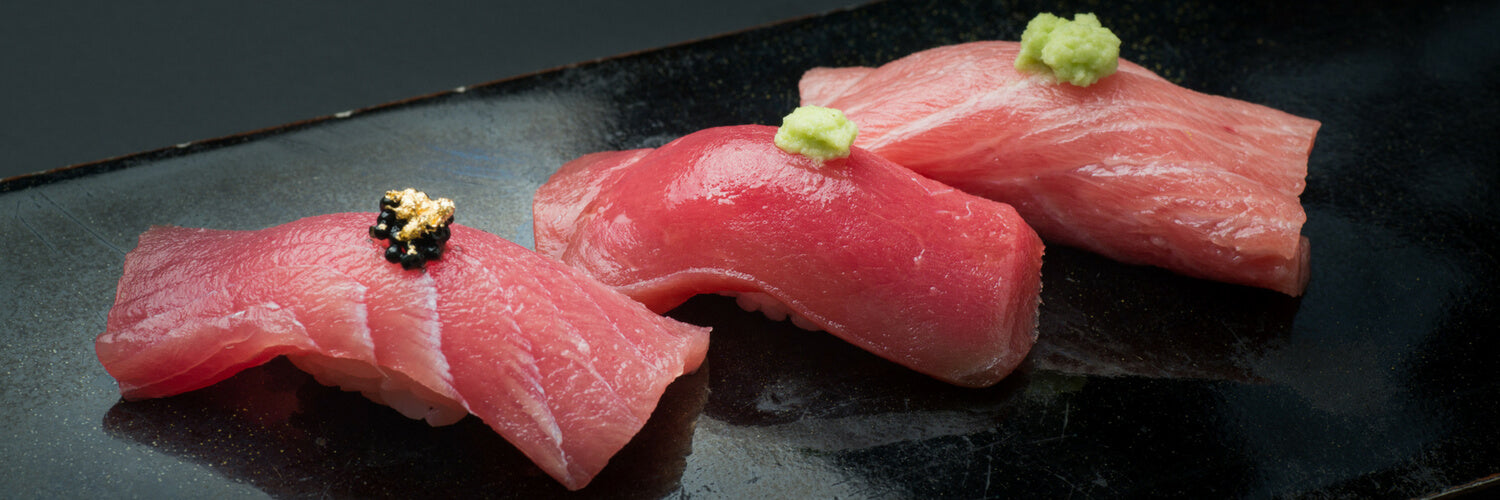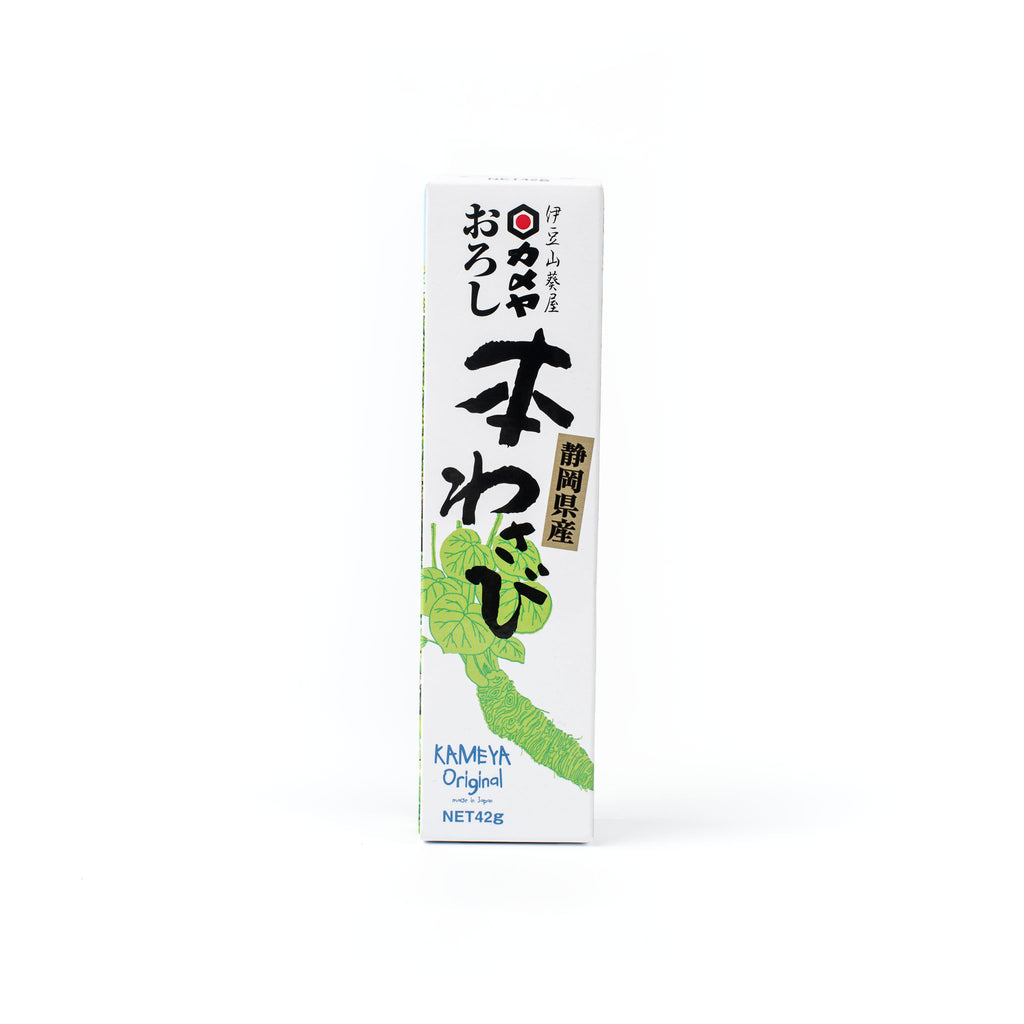
Depending on the type of taste and texture experience you're looking for, tuna has several different options. From rich and decadent otoro to meaty akami, you'll be sure to find something you like when it comes to Japanese cuisine with tuna.
Tuna, a saltwater fish from the mackerel family, is a favorite for American classics such as tuna salad or casserole. However, when used in Japanese cuisine, it can take on a whole new life. The taste of raw tuna in Japanese sushi or sashimi is nothing like using tuna in a cooked dish! This article will discuss three different parts of the tuna fish you can try – otoro, chutoro, and akami – and the best uses for each.
Otoro
The first part of the tuna to explore is otoro. This is the most desirable part from the inside of the fish’s belly. Because it is the fattiest part of the fish, it practically melts in your mouth. It also lends sashimi a sweeter taste. Because of its rich and highly sought-after nature, otoro can be a bit more expensive than other parts of the fish – but certainly worth every penny.
Chutoro
The next part of the fish to learn is chutoro. This is a perfect blend of otoro (above) and akami (described below). Because it straddles both types of tuna, it provides both a meaty and a fatty texture for a real celebration in your mouth. Don’t expect to eat a lot of chutoro when enjoying tuna – it makes up such a small amount of the fish that it takes a whole fish to make one chutoro sashimi!
Akami
Finally, we get to the most common and frequently-used part of the fish: akami. This part is meaty and red, found most often atop rice in sashimi or in a sushi roll. Because this is the main part of a tuna fish, it is much more readily available than chutoro or otoro.
Taste good sashimi with authentic wasabi!

